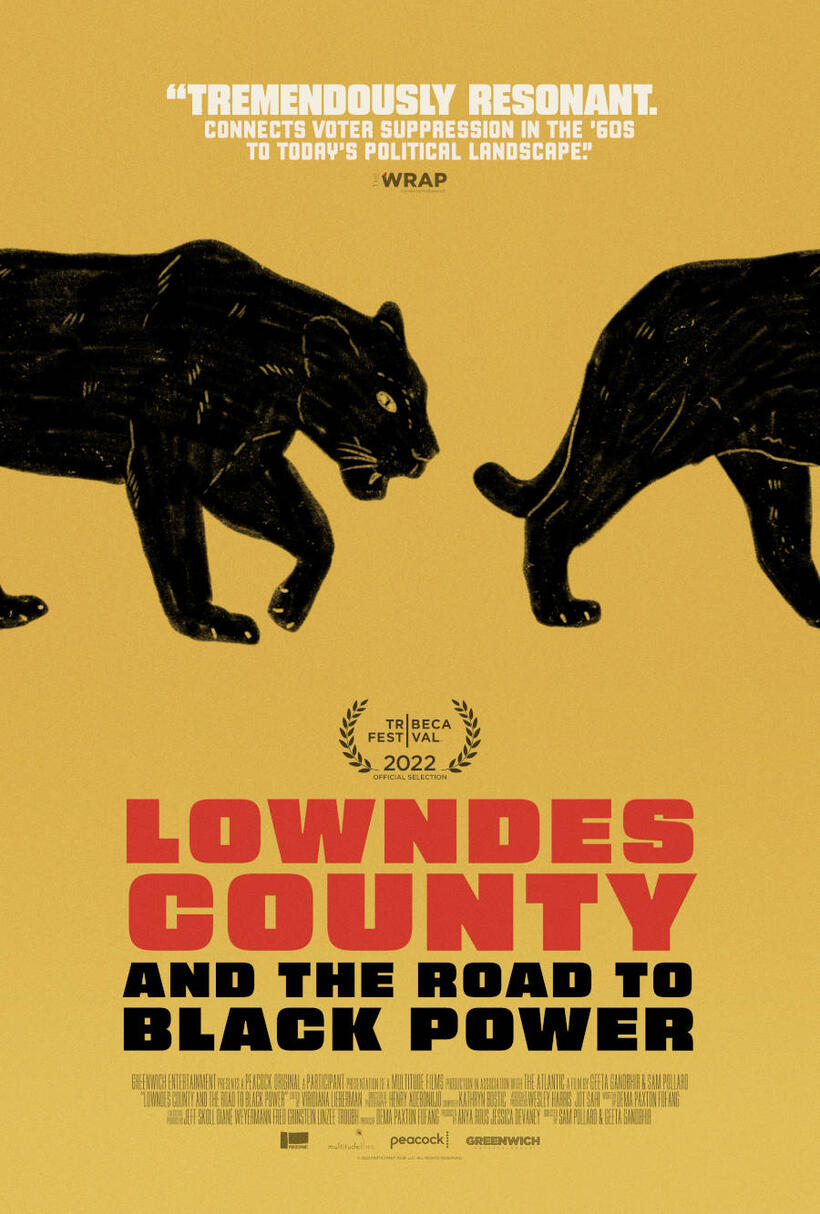Some films allow you to escape your reality for a fleeting moment. Others confront you with reality in deeply relatable ways. The latter experience is what I felt while watching Lukas Dhont's gut-wrenching new film "Close", which unlocked a hidden memory and provided surprising new perspectives on myself and the past.
This poignant drama follows a pair of inseparable 13-year old boys named Leo and Remi, whose friendship transcends the typical bond. They spend virtually every waking and sleeping moment together, effectively forming an extended family (including a heartbreaking Emilie Dequenne as Remi's mother). As a new school year arrives, however, their innocent friendship becomes challenged by the burdens of socially acceptable masculinity. And when the two are so confronted, the psychological damage threatens to have irreparable repercussions.
Before the emotional damage unfolds, however, Dhont invites you into an idyllic world. Indeed, the evocative filmmaking instantly wins you over with the vibrant cinematography, pleasant music and the endearing friendship at its center. He truly captures a sense of blissful innocence with striking primary colors adorning bedroom walls and the overall vibrancy underpinning their playful friendship.
But Dhont soon lays his cards on the table, cutting through the idealism of those opening scenes of imaginative games and frolicking in colorful fields. As the plot moves to the schoolyard, inquisitive classmates question the nature of their friendship, insinuating a romantic attachment. And though they firmly deny the assertion, it puts in motion a devastating breakdown of their close bond.
The subsequent narrative stings with the familiarity of fragile masculinity, reminiscent of a similar experience I encountered during that formative transition into my teenage years. But even those who never endured such heartache will be moved by this simple, but powerful drama. Conveyed with remarkable depth of feeling by newcomers Eden Dhambrine and Gustav De Waele, there's a sincerity and tenderness in their friendship that should touch anyone's heart. And Dhont's sensitive direction and camerawork ensures that we don't miss any of the film's delicate gestures, from a head on a shoulder, to the tears streaming down a face.
Throughout, the cinematic power of the closeup is once again made evident, as the inner turmoil of several characters is beautifully expressed in ways that recall Barry Jenkins' work with James Laxton. Though Close's narrative isn't nearly as ambitious, it serves as a thematic cousin to the seminal "Moonlight" in its characters' anxieties surrounding manhood. And as both films' protagonists glance back towards the audience in their closing shots, they implore us to question our own coming of age and the pure humanity we've lost along the way.
| Tweet |











